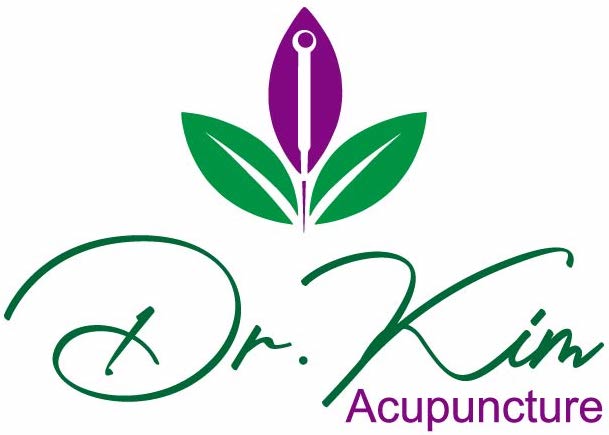Most people experience significant pain at some time in their lives—whether from an injury, illness, or an unknown cause. Pain is a warning signal, an alarm that goes off when your body is trying to tell you that something is wrong and out of balance.
What can you do?
No one should have to live with pain, but which treatment is right for you? Often times, people suffering from pain take medication to dull the pain. Taking medication is understandable when pain is constant and unbearable. It may be helpful to dull the symptoms for a short period of time, but it will not get at the root of the problem and correct it. It is like hitting the snooze button on an alarm. Unless the cause of the pain is treated, your body will keep sounding the alarm and reminding you that something is wrong. Eventually the pain may get worse or become chronic. It is
also possible for the medications to cause unwanted side effects and further compromise your health.
Surgery may be another option. At times, this approach may make sense, but it could be both expensive and risky, and there is no guarantee that it will be effective.
Acupuncture is a time-tested, safe, effective, natural and drug-free way to eliminate pain. Unlike other methods of handling pain, there are no side effects. The World Health Organization (WHO) and the National Institutes of Health (NIH) acknowledge the benefits of acupuncture in treating and eliminating pain due to a wide range of causes.
An acupuncturist’s approach to pain.
Acupuncture practitioners recognize that there is a vital energy, called Qi (pronounced “chee”), circulating within the body. Qi flows through a series of pathways called meridians. Meridians are like rivers within your body. The diagram to the right shows the meridians throughout the body. Wherever a river flows it brings with it water that provides nourishment and life to the land, plants and people around it. Likewise, meridians transport life-giving Qi that provides nourishment to every cell, tissue, muscle, organ and gland in the body.
Qi to become blocked:
- Poor diet
- Physical trauma
- Emotional trauma
- Inherited weakness of Qi
- Chemical, physical, and/or emotional stress
It is important for Qi to flow freely throughout the body. Think of water flowing through a garden hose. A blocked hose will not provide
an adequate supply of water to a plant. Eventually, the plant will be unable to thrive, grow and blossom.
Similarly, a blockage in the flow of Qi anywhere in the body will inhibit the amount of nourishment that reaches our cells, tissues, muscles, organs and glands. Under normal circumstances, your body can easily return to good health and vitality. If the disruption of Qi is prolonged or excessive, or if your body is in a weakened state, the flow of Qi becomes restricted and a variety of symptoms, including pain, may arise.
What does acupuncture do?
By inserting fine, sterile needles at specific points, an acupuncturist is able to break up blockages that have hampered the smooth flow of Qi. Once this is done, Qi can travel freely throughout the body, promoting pain-free health, well-being and vitality.
Not only can acupuncture treat signs and symptoms of pain and discomfort, it can also get to the root of the problem. When the initial cause of the pain is corrected, your body can begin to heal on deeper levels. Your acupuncturist may also suggest adjunct therapies to
enhance treatment and speed healing, such as: massage, stretching,
yoga, herbal supplements and dietary changes.
chronic pain. There is no question in my mind that acupuncture is safer than surgery or drugs.”
—Dr. Bruce Pomeranz, Neuroscientist, University of Toronto



Connect with Me!